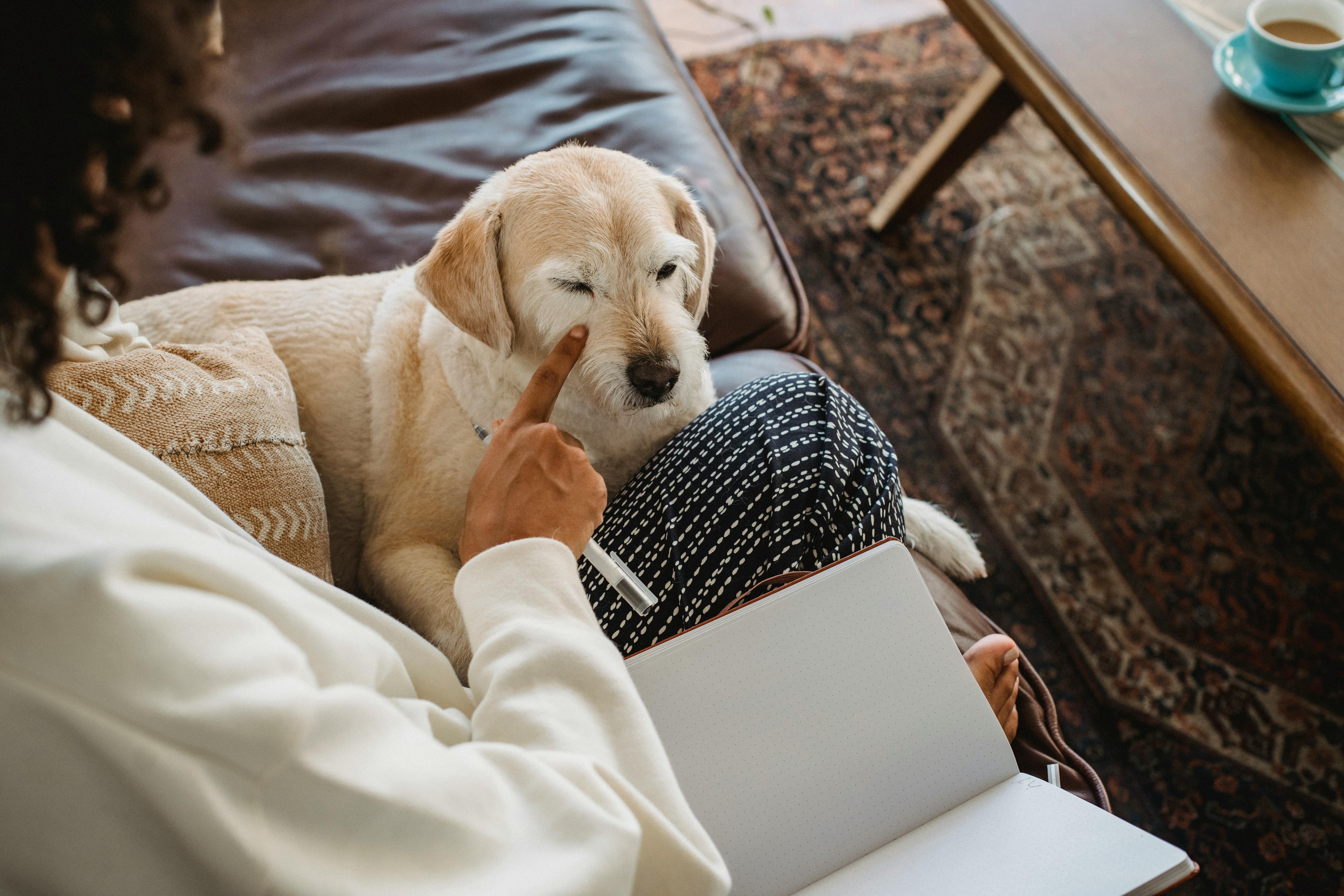How to make the dog stop urinating at home
Believe it or not, up to 20% of all dog behavior problems are indicated as elimination problems. That’s a lot of people who have problems with their dog’s urination and bowel habits. As the dog owner, changing these behaviors should be at the top of your list.
For starters, know that your dog can’t learn impulse control before he reaches 9 weeks of age. Some dogs can learn faster, but for the most part, house training before a dog reaches puppyhood can be difficult.
Why do they have problems?
The first thing to do is determine why you are suddenly making masses. In some cases, such as with a rescue dog, the animal may never have been trained not to litter. However, in other cases, you may have trained them and an outside factor started you again.
- Medical problems – Dogs can lose control due to many medical problems. Bladder infections, bladder stones, diabetes, cognitive disorders, gastroenteritis, Cushing’s disease, or parasites can cause elimination problems. If you think your dog may be sick, see a vet immediately.
- Specific behaviors – In some cases, it may be to mark territory or show dominance over other members of the household. In many cases, neutering can reduce this behavior, but 40% of neutered dogs with urination problems will continue to do so.
-
To resolve dominance-related disposal, you’ll need to assert yourself as the leader of your household pack and thoroughly clean any spots in your home that have been previously marked with odor neutralizers.
- submissive urination – Some dogs have the opposite problem and urinate when they greet people as a sign of submission. This is usually a puppy trait, but it can persist into adulthood for some dogs.
- separation anxiety – When a dog clumps while you’re out, it’s likely due to anxiety, not because he can’t hold it (unless you’re out for a long time). You can look for other signs in how the dog follows you around the house, reacts when you lie down, or greets you when you come home.
How to prevent or stop deletion problems
So what can you do if your dog has problems with elimination? Obviously, if your dog has medical problems, the first thing you should do is go to the vet and make sure he’s okay. However, if that’s not the problem, there are things he can do to solve the problem.
- regular hours – Start by giving your dog a regular time to eat and exercise. If you have specific times when your dog eats, exercises, and goes to the bathroom, the dog will often adjust to the new defecation area.
- Provide opportunities – If you take your dog out twice a day, it will be difficult for him to retrain. During the training process, you will need to go outside at least 5 times a day, possibly more.
- Boxing or confinement – If you have an unsuccessful outing or if you need to leave the house, confine your dog or puppy to a space small enough so that it does not make a mess. A box is ideal, although a smaller room or enclosed area may also work well.
- persistence -Training is always an exhausting process. Be persistent and give your dog time to adjust. If you take a day off, don’t expect your dog to keep learning.
Trust me when I say that your dog doesn’t necessarily want to make a mess at home. However, it is his job to teach the dog that his home is his den and that the masses are not for home. Do that and retraining your dog shouldn’t be a problem.
